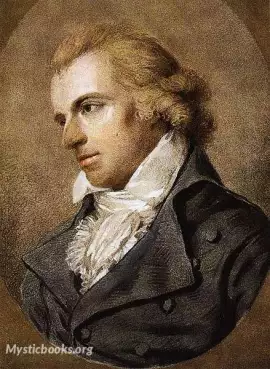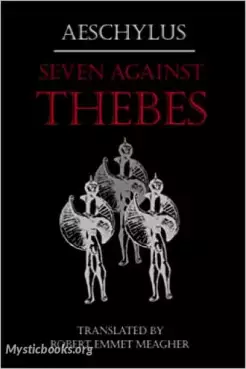
Mary Stuart
' Mary Stuart' Summary
Mary Stuart is imprisoned in England — nominally for the murder of her husband Darnley, but actually due to her claim to the throne of England held by Queen Elizabeth I. While Mary's cousin, Elizabeth, hesitates over signing Mary's death sentence, Mary hopes for a reprieve.
After Mary finds out that Mortimer (created by Schiller), the nephew of her custodian, is on her side, she entrusts her life to him. Mortimer is supposed to give Robert Dudley, the Earl of Leicester, a letter from Mary, in which she pleads for help. This is a delicate situation, for Leicester seems to support Queen Elizabeth.
After numerous requests, Mary finally gains the opportunity to meet Queen Elizabeth (something that, in reality, never happened). This meeting ends in an acrimonious argument, caused by Mary's unwillingness to submit entirely to Elizabeth's wish. The argument leads to the inevitable suspicion that the cause of reprieve will not succeed.
To complicate matters further, Mortimer plans to free Mary from the prison by force, a dramatized version of the unsuccessful Babington Plot, but when his attempt is found out, he commits suicide, while the Earl of Leicester uses this convenient suicide to rescue himself from suspicion.
Queen Elizabeth eventually persuades herself to sign Mary's death warrant. Elizabeth insists that her only reason for signing is the pressure from her own people to do so.
The signed warrant is handed to Queen Elizabeth's undersecretary William Davison without any clear instructions on what to do with it. In the process, Elizabeth transfers the burden of responsibility to him, fully aware that he in turn will hand over the warrant to Lord Burleigh, and thus confirm Mary's death sentence.
Burleigh demands the signed document from Davison, who — despite his uncertainty — eventually hands it to him. As a result, Burleigh has Mary executed.
The play ends with Elizabeth blaming both Burleigh and Davison for Mary's death (banishing the former from court and having the latter imprisoned in the Tower), Lord Shrewsbury (who pleaded for mercy for Mary throughout the play) resigning his honors and Leicester leaving England for France. Elizabeth is left completely alone as the curtain falls.
Book Details
Language
EnglishOriginal Language
EnglishPublished In
1800Authors

Friedrich Schiller
Germany
Johann Christoph Friedrich von Schiller was a German playwright, poet, and philosopher. During the last seventeen years of his life (1788–1805), Schiller developed a productive, if complicated,...
Books by Friedrich SchillerDownload eBooks
Listen/Download Audiobook
- Select Speed
Related books

Seven Against Thebes by Aeschylus
Seven Against Thebes is the third play in an Oedipus-themed trilogy produced by Aeschylus in 467 BC. The trilogy is sometimes referred to as the Oedip...

Manfred by George Gordon, Lord Byron
Manfred: A dramatic poem is a closet drama written in 1816–1817 by Lord Byron. It contains supernatural elements, in keeping with the popularity of th...

The Deerslayer by James Fenimore Cooper
The Deerslayer, or The First War-Path (1841) was James Fenimore Cooper's last novel in his Leatherstocking Tales. Its 1740-1745 time period makes it t...

Poems of Experience by Ella Wheeler Wilcox
This collection of poems by Ella Wheeler Wilcox explores the complexities of human experience, offering reflections on love, loss, nature, and the pas...

Monsieur Lecoq Part 1: The Inquiry by Émile Gaboriau
Monsieur Lecoq, a young and astute police agent, investigates a gruesome triple murder in a Parisian drinking establishment. Set amidst the turbulent...

The Jew of Malta by Christopher Marlowe
The Jew of Malta (1589) is an original story of religious conflict, intrigue, and revenge, set against a backdrop of the struggle for supremacy betwee...

Catherine: A Story by William Makepeace Thackeray
Catherine, a young woman navigating the harsh realities of 18th-century London, finds herself caught in a web of love, betrayal, and tragedy. The stor...

Adrienne Lecouvreur by Ernest Legouve
Adrienne Lecouvreur is a French tragic play written by Ernest Legouvé and Eugène Scribe. It portrays the life of the leading French actress of the eig...

Why Marry? by Jesse Lynch Williams
Why Marry? is a 1917 play written by American playwright Jesse Lynch Williams. It won the first Pulitzer Prize for Drama in 1918.

Inheritors by Susan Glaspell
Inheritors is a four-act play written by the American dramatist Susan Glaspell, first performed in 1921. The play concerns the legacy of an idealist...
Reviews for Mary Stuart
No reviews posted or approved, yet...